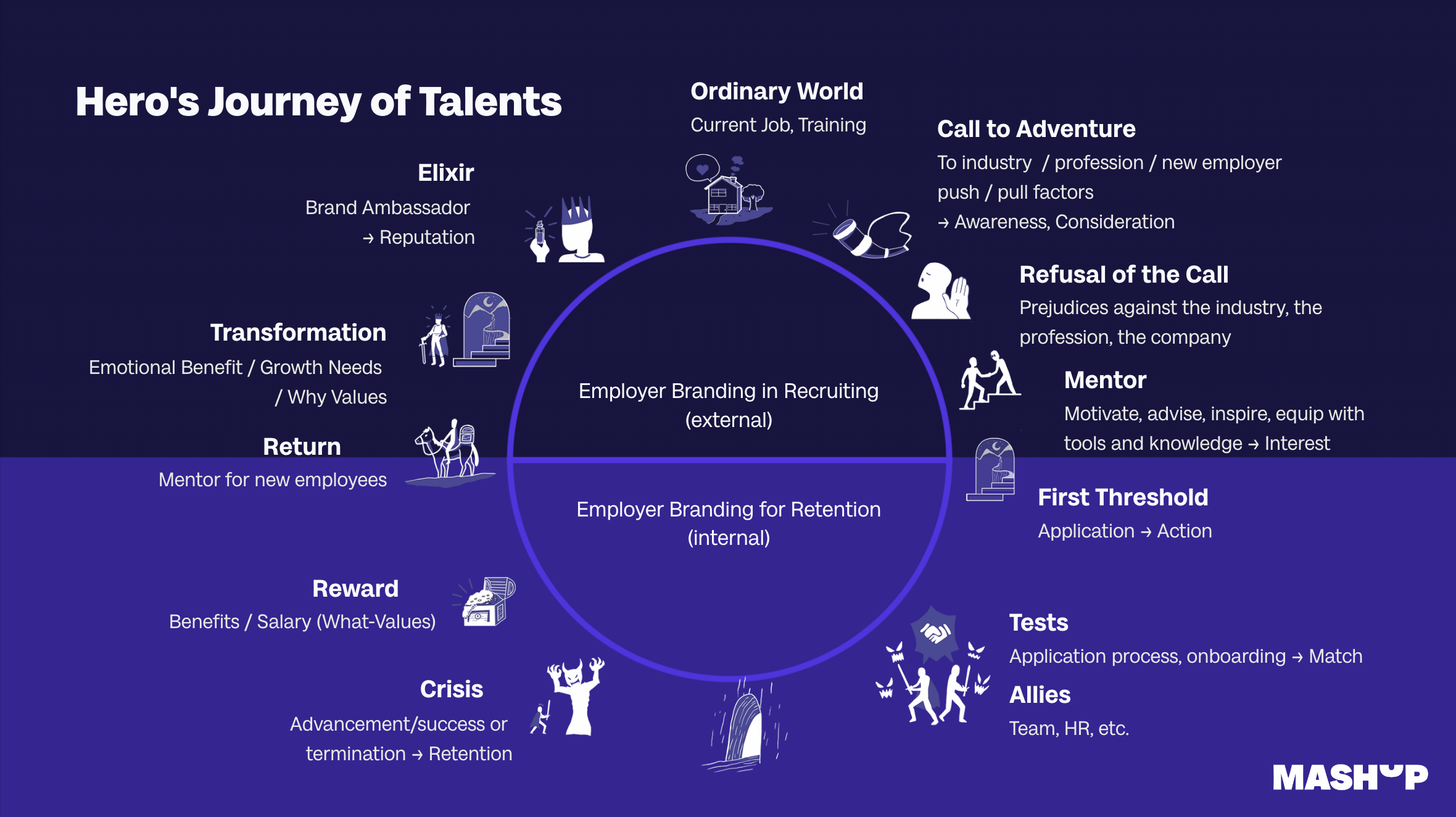Check, One, Two: How Companies Find the Right Stage for Their Presentation

Many CEOs are facing the challenge on how to give their company a face to make it more personal. There are several ways to handle this problem: Creating a user-friendly homepage, renting trendy and comfortable offices or sending individual newsletters are certain ways to improve the individuality of the brand. But it is much more about the people from the company itself, such as CEOs or experts. They who represent the major brand or small startup through exciting stories and expertise to the outside world and thus contribute to a positive image. This clearly also includes speaker opportunities to place the company spokespersons as speakers at congresses. Plus, this is a good occasion for networking. The following tricks show how one can identify and prepare a speaker opportunity so that the presentation becomes successful for both speaker and audience.
Separating the wheat from the chaff – how to find a favorable opportunity
First of all, the right conference must be identified. It is important to clarify beforehand which target groups the company would like to address and which messages it would like to spread on the conference stage, as well as to determine who the visitors should be on site. It doesn’t do the company much good to give a presentation at a trade fair with end customers when the portfolio only consists of B2B products for companies and managers. In addition, it should be known beforehand whether journalists or important organizations will attend or not. If one of the aims includes the gain of media coverage, relevant media should be present; if a cooperation with certain NGOs is sought, these organizations must be part of the audience.
Conclusion: Ensure in beforehand if the event makes sense and the company can reach the defined goals. A message to the wrong target group would fizzle out. Therefore, the first step in advance is the most important one: Research, select, reduce.

The agony of choice – choosing a tailored presentation
These are questions a lot of companies have to face: What is the right way to present? What is the best length for a presentation – are 30 minutes enough? Do we need a booth on the exhibition? Again it is important to define the aim in the first place. To position the speaker as an expert in the field, he or she should explain the rules and characteristics of this specific market in depth. If brand would like to present the company itself or wants to advertise the product, it is advisable to book an exhibitor lecture slot. Sometimes it is also the main goal to catch the attention of the press. In this case it can be helpful if the organization has a booth on the exhibition which can be used as a place to meet up with journalists or to network with other important visitors.
Conclusion: Prior to this, relevant information must be obtained in order to see which formats are best suited to your company at a trade fair or conference. There is often the possibility to register online and send in forms, but nowhere else can you get information as quickly and comprehensively explained as by simply calling the organizer. A phone call in the initial research phase is definitely worth it.
The early bird catches the worm – contact the organizer as soon as possible
Not only are there early booking discounts for trade fairs – it is also important to organize the speaker opportunities as soon as possible. Renowned exhibitions or conferences determine the speaker very early in advance. If you apply too late, you miss out on the chance to spread your message on a big stage. In that case, the only thing that remains to present your brand to a larger audience is to book your own booth. For this reason, it is advisable to research national and international trade fairs and conferences well in advance, to contact the organizers and subsequently set up an internal, tailor-made event database.
Conclusion: There is no such a thing as “too early” in this case. The sooner you apply for the speaker opportunities the better. Plus, stay in contact with the organizers to discuss further details.

“May I have your attention, please” – how storytelling can improve the speech
Who is the company’s spokesman? The CEO? The head of department? Or the person in charge of communication? For the audience the position of the speaker doesn’t make any difference. Every lecturer should eloquently and expertly communicate the topics of the company or his area of expertise to visitors and press representatives. However, it is just as important that the speaker is a good storyteller, since the crucial question is whether a speaker can inspire his audience or not. Aristotle once said, the art of rhetoric is not to inform people but rather to convince and motivate them. This distinguishes the good speaker from the rest. The anecdotes to present as well as the authenticity and charisma are the crucial factors in giving a great speech. In order to speak fluently and eloquently it can be a good idea to consider media training.
Conclusion: The speaker have to be well-prepared and should try to manage the presentation in 30 minutes. Brevity is the soul of wit – half an hour is enough to present the most important facts.
All in all the speaker opportunity has to be prepared carefully and the script, plus the CV of the speaker, should be sent to the organizers in advance. All further factors such as prices, arrival and technical conditions must also be clarified beforehand as well. In order to avoid clashes of different appointments or the missing out of important chances for networking, the organization of meetings with journalists has to be done as soon as possible. Thus, nothing should stand in the way of a successful presentation.
Share this article
Related articles

11 March 2024










